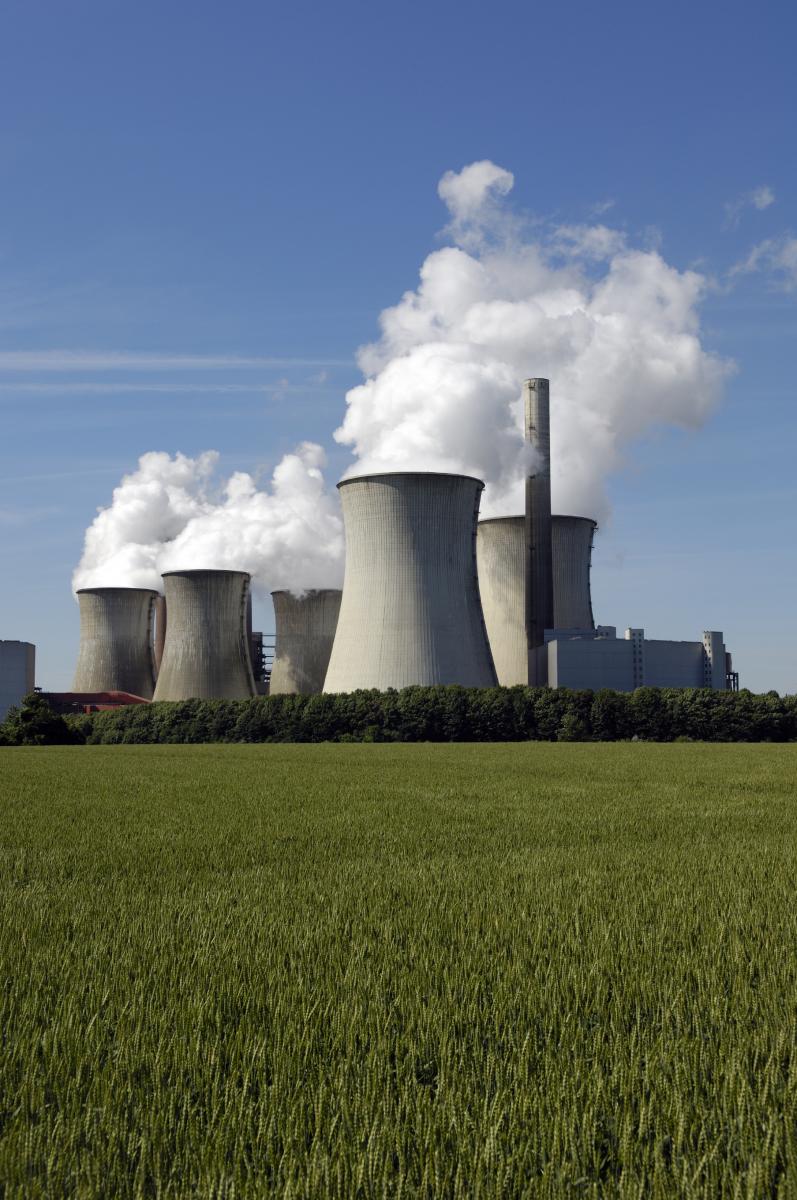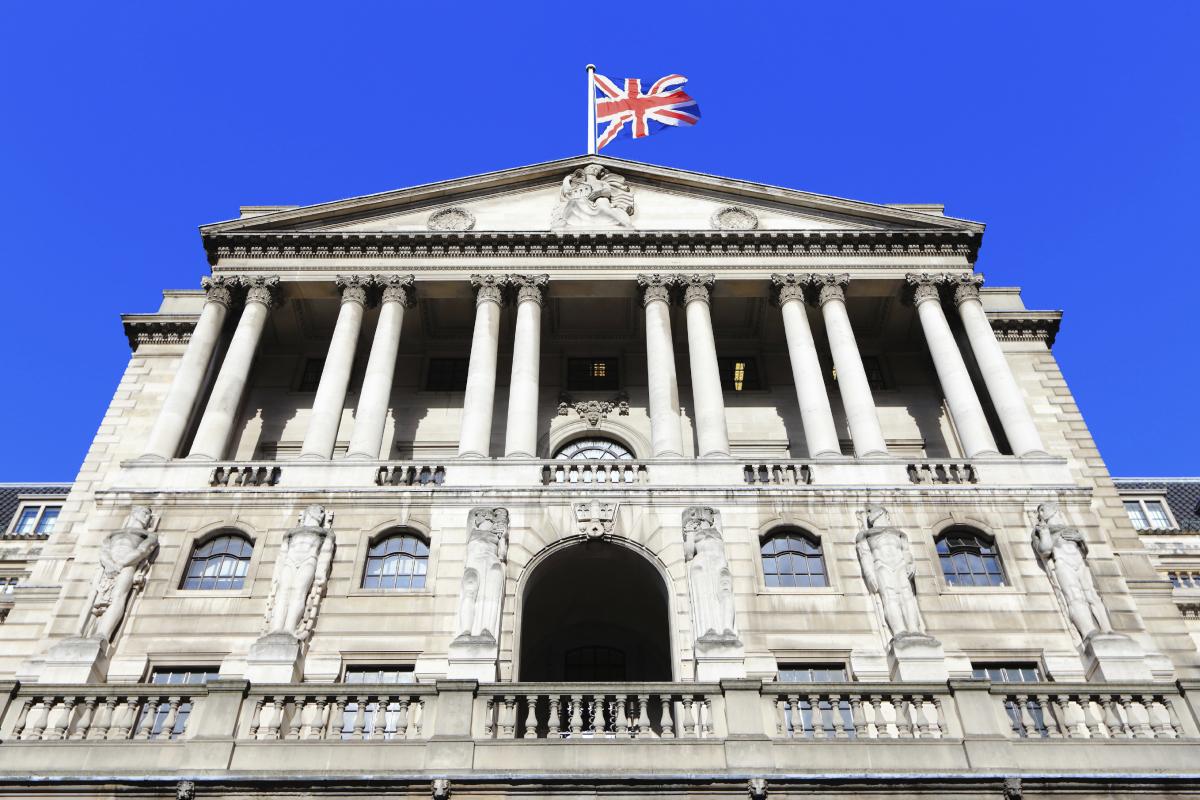After the ambitious Paris agreement on climate change, Ethical Corporation looks at the implications for investment, divestment, regulation and supply chain management
Last year ended with governments and business leaders worldwide energised to set ambitious goals to combat climate change after the summit in Paris. In keeping with the growing trend, companies in 2016 will continue to adjust their supply chains and portfolios, while increasing the amount of information for investors and consumers, experts say.
“In order for companies to be seen as authentically embracing CSR values, this work can't be window dressing,” says Amy Hall, director, social consciousness, for Eileen Fisher, a US women’s clothing company with a global presence. “It must be ‘owned’ by every team, every employee in the company. This means greater cross-functional collaboration, greater emphasis on shared responsibility for the success of the company, and CSR values moving front and centre, acting as a filter for every important business decision to be made.”
Investment changes
More than ever before, consumer and investor demands are leading to ramped up sustainability efforts. Expect more extensive scrutiny of investment choices and supply chains in 2016, experts say, and more investors offloading companies connected with fossil fuels or with poor environmental or human rights track records from their portfolios.

“Divestment is a very important tool, a strong and powerful tool,” says Jeanett Bergan, head of responsible investments for KLP, Norway’s state pension fund. “You have an opinion, but this puts action behind the words.”
More than 440 institutional and 2,000 individual investors have committed to divest more than $2.6tn from fossil fuels, according to a September 2015 report from Arabella Advisors, which helps clients with socially responsible investing. “Divesting and investing in clean energy has offered millions of individuals across the world an opportunity to take direct action on climate,” says to the report. “A large and mobilised constituency is now demanding political and financial action on climate.”
A recent study conducted by the Boston Consulting Group (BCG) and MIT Sloane indicates that sustainability and responsible investing are of major importance, according to BCG project leader Alexander Meyer zum Felde. “Around 90% of investors consider some aspects of sustainable development or CSR in their investment decisions,” says Meyer zum Felde. “Across companies we are seeing an integration of companies' social missions in their business agendas.”
CSR is becoming core to companies' value chains and is increasingly a vehicle for strategic differentiation. Mayer zum Felde says: “In 2016, we expect this trend to gather speed. If you look at CSR, the trend holds true for most regions [of the world], as regulations also become stricter, such as work laws in Asia or Africa. Companies need to cope with their social environment in order to reduce certain risks. If you consider sustainable environmental aspects, those are more a phenomenon of the developed world.”
As for consumers, a survey by Cone Communications and Echo Research shows that 87% of global consumers factor CSR into their purchase decisions. “The divestment movement made further strides in 2015, taking hold not only at academic institutions, but also large pension funds and utility companies,” says Rida Bilgrami, manager of SustainAbility, a thinktank and strategic advisory firm with offices in London and the US.
“Ninety-two per cent of investors agree that sustainability is more important than three years ago, and 44% actively divest from companies with poor sustainability performance,” adds Meyer zum Felde. At the same time, different regions call for different investing strategies. “In Europe we see interest in responsible investing, anti-corruption, human rights and long-term sustainability,” Meyer zum Felde says, “whereas water and resource scarcity is more relevant to companies in some regions of the Middle East and Africa. What is clear is that there is a trend towards more sustainable investing across industries, and we expect investors to increase pressure on companies and industries that are not performing to a high enough standard.”

Still, even those pursuing divestment have some doubts. In November, Germany’s Allianz decided to limit its investments in companies involved with coal (see box), but initially worried that would eliminate its leverage. “We thought divestment might not be the best option,” says Nicolai Tewes, Allianz’s senior vice-president for corporate affairs. “We thought you only have influence if you are invested in a company. Engagement was the preferred option until we started to consider and work on our coal divestment approach. But what we’re doing for coal is part of larger process we’re in.”
The beginning of the end of coal
Coal is increasingly viewed as the easiest fossil fuel to replace in a portfolio, especially since it is one of the least environmentally friendly, and more companies are letting it go.
“I think coal, particularly, will be a tool for divestment,” says Jeanett Bergan, head of responsible investments for KLP, Norway’s state pension fund. “The Norwegian pension fund is one of the world’s strongest investors and I think an exemplar for others. Our reasoning is that the UN notes that coal is not in the 2-degree scenario and eliminating coal is one of the easiest ways to get CO2 emissions down.”

In 2014, KLP decided to cease investing in companies that obtain more than half their revenues from coal-based activities, and that figure was reduced to 30% in December 2015. KLP and the KLP funds are also taking into account the ethical guidelines for the Norwegian Government Pension Fund Global (GPFG). KLP made its first divestment in December 2014 and to date has divested from almost 50 coal companies.
“We engage with companies before divestment; there is a great synergy between divestment and engagement,” says Bergan. “It is a great tool for changing company behaviour over time.”
KLP embarked on this strategy after one of its customers and owners, a municipality in Norway, asked if the company could exclude fossil fuels without hurting its return on investment. After a lengthy investigation and that led to a public report, company officials concluded that it could not divest completely from fossil fuels, but coal would be possible, according to Bergan. “Even though coal is a cheap and reliable energy source, with the rapid expansion of renewables, coal is easily replaceable,” she says. “It creates so much more CO2, so we decided to bring new renewable energy sources to our portfolio. We want to commit to the greater scenario with our investments.”
One week before the UN climate talks in Paris in December, Germany’s Allianz, one of the largest financial asset managers in the world, announced plans to decrease investments in companies using coal over the next six months and ramp up funding in those concentrating on renewable resources.
Allianz plans no longer to invest in companies if more than 30% of its revenues are from coal mining or it generates more than 30% of its energy from coal. “We got more attention than we thought,” says Nicolai Tewes, Allianz’s senior vice-president for corporate affairs, referring to the announcement in November 2015. ‘‘Not many people thought a large traditional company could take a step like this.”
It was the company’s 125th anniversary in 2015, and management wanted to mark the occasion by taking action against climate change and demographic change. “We began [divesting] last year and will finalise divestment in April,” Tewes says. “It’s effecting about 70 companies in total.”
Equities amounting to €225m will be divested by March 2016, while bonds totalling €3.9bn euros will be expiring. “We’re sending a clear message. It is not about discriminating – we tell them the energy sector is very important for us, we all need energy and energy security, but our aim is to support companies that transition to future needs. If companies are beyond the [30%] threshold, but have clear plans to get below 30%, we will reconsider and try to help them. We support companies getting ready for a low carbon future.”
Coal continues to play a role in certain markets, some of which depend on it, but even with tweaks to improve plants’ efficiency, Tewes sees a limited future for this fossil fuel. “It’s better to have new coal plants than old coal plants, but anyone building new coal plants is planning for 40 years,” he says. “But we won’t be using coal in 40 years. If we take the targets from the UN and Paris seriously, I see not much room for coal.”
Seeing clearly
Greater transparency is another trend gathering momentum. Starting this year, all EU companies are expected to file an annual report detailing their social and environmental impact, although the new rule itself might not make a big difference, according to Bilgrami. “It is clear that there is broad support in Europe for giving sustainability a greater role in corporate management and investment decisions and the EU requirements reflect that,” Bilgrami says. “But this is not significantly shaping or changing how businesses already reported on social, environmental and ethical performance data.”
Eileen Fisher’s Hall adds: “Consumers are becoming increasingly vigilant about what they purchase. This started with food and has been progressing to include almost anything we can imagine: clothing, electronics, toys, building materials, etc. The challenge is that full transparency, from materials origin all the way to store, is still quite difficult to achieve. But the more consumers demand to know, the easier it will be to make the business case for greater transparency.”

Allianz plans to analyse investments across its entire portfolio using 37 environmental, social and corporate governance criteria. These include greenhouse gas emissions, energy efficiency, data protection and corruption, according to the company. Based on the information provided by the rating agency MSCI ESG Research, the entire portfolio is expected to be more transparent by mid-2016, enabling the company to more accurately assess its decisions and make more sustainable investments.
“We already are beginning to see the need for companies to engage publicly and concretely on specific topics through their reporting, such as on human rights, through the UN Guiding Principles Reporting Framework,” Bilgrami says. “Early adopters include Unilever, Ericsson, H&M, Nestlé and Newmont, but we expect to see more companies following suit. There are also enhanced reporting requirements for all businesses operating in the UK with a turnover of £36m or more through the Modern Slavery Act, which sets out a high-level framework of what may be included in a slavery and human trafficking statement required to be published every financial year.”
With supply chains longer than ever before and often less transparent, responsible business owners face greater challenges in ensuring their sustainability, according to Jason Clay, executive director of World Wildlife Fund’s (WWF) Markets Institute, which works with stakeholders to identify and address global food production issues and trends.
“WWF’s research suggests that from 5% to 50% of dozens of globally traded commodities are produced illegally either in primary production or early processing,” Clay says. “Illegality is found in five key areas – resource rights, labour issues, other laws and regulations, fraud and corruption. It poses significant risks for retailers, brands and consumers. Slavery, illegal seafood, deforestation and product fraud are increasingly covered in the mainstream press. Social media is also pushing companies to address illegality.

“The most obvious way to address illegality is through transparent supply chains. Since illegality in production is the result of governments not enforcing laws, whatever they are, retailers and brands will step up their calls for transparency from traders, aggregators, processors and governments themselves.”
Climate change and financial risk
The financial industry is expected to get more involved with climate change issues, as more experts begin to recognise the financial risks facing many industries. That can include integrating carbon risks into investment decisions, investing in low-carbon infrastructure and encouraging companies to adopt business strategies that are less susceptible to climate variations.
At the Paris COP21 talks in December, Mark Carney, governor of the Bank of England, and head of the Financial Stability Board (FSB), announced the formation of the Task Force on Climate-related Financial Disclosures, which will develop “voluntary, consistent climate-related financial risk disclosures for use by companies in providing information to lenders, insurers, investors and other stakeholders,” according to the Carbon Tracker Initiative. Tapped to lead the task force was former New York City Mayor Michael Bloomberg.

“The FSB is asking the Task Force on Climate-related Financial Disclosures to make recommendations for consistent company disclosures that will help financial market participants understand their climate-related risks,” Carney said in Paris. “Access to high quality financial information will allow market participants and policymakers to understand and better manage those risks, which are likely to grow with time. Michael’s experience working on climate change issues, his unparalleled track record of execution in a broad range of fields and his lifelong commitment to open and transparent financial markets make him the ideal leader for the Task Force.”
Setting Goals
The momentum generated by the Paris talks, greater government commitment to sustainability measures and early participation by some major corporations in the Science Based Targets Initiative are signs that more businesses could actively participate in setting goals to reduce greenhouse gas emissions and use Sustainable Development Goals (SDG)s in 2016.
"Companies are increasingly looking at the SDGs as a compass to guide decision-making on their priorities and initiatives and a number of companies already have articulated their strategic responses to the SDGs, including as a driver for product innovation and advocacy activity," according to Bilgrami.
The founders of the Science Based Targets Initiative, including the UN Global Compact and the World Resources Institute (WRI), were aiming to have 100 companies sign on by the end of 2015 and the number is now 114. The companies participating have combined annual emissions of at least 476 million tonnes of CO2, according to WRI. Industry associations are providing assistance to companies that want to cut emissions and upgrade corporate sustainability practices.
IT and agriculture
Information technology and agriculture are sectors expected to be taking especially close looks at their CSR policies.
While currently the technology industry’s use of data centres represents 2% of US electricity use, that share is bound to increase with the insatiable demand for internet use, according to BSR, a global non-profit organisation. The agency founded the Future of Internet Power in 2012 with a goal of supplying the internet with 100% renewable energy.
“In 2016, the Future of Internet Power’s focus will be on creating new tools for companies choosing renewables when making data-centre siting decisions, encouraging industrial data centre service providers to procure renewables, and creating new models for shared investment in renewables among internet companies and their suppliers,” BSR writes.
Besides sharing best practices and collaborating on solutions through the Future of Internet Power, BSR staff members also work with individual companies such as HP to develop models that can be adapted for other companies to sustainably develop and manage renewable-energy infrastructure projects.
In the area of agriculture and soft commodities, many companies in North America and Europe have already made commitments to buy more sustainably produced raw materials, such as palm oil, soy, corn, seafood and pulp and paper, says WWF’s Clay. The WWF estimates that the value of purchases closest to the point of production, such as a farm gate, port or forest edge, is about $250bn a year today, but commitments for 2020 total about $450bn.
“In short, there is a $200bn gap to fill in just five years when it has taken us collectively 30 years to produce the $250 B in more sustainable production we have today,” Clay says. “Companies will redouble efforts to buy more sustainable products, but producers are not on track to meet the demand for sustainable commodities that will exist by 2020.
Certification is part of the solution, and continuous improvement will be important too. The biggest issue, however, is that many commitments have been made for palm oil, cotton and cocoa that are produced by smallholders. It will be hard for smallholders to receive the training they need to reduce their impacts, much less be certified. And, they don’t have access to sufficient capital to invest in new practices or improved planting materials. It also takes much longer to certify 100 small producers than to certify one large one,” adds Clay.

Amid all these challenges is the corporate world’s desire to measure the effectiveness of measures taken, says Hall. “Brands are increasingly looking for evidence that all this hard work pays off in the end. Do CSR efforts drive sales? How do consumers respond to CSR messaging in advertisements and other marketing channels? Social sustainability, and its related metrics, are going to be the next deep dive.”
CSR ethical supply chains global sustainability environmental Human rights clean energy sustainable development climate transparency climate change agriculture

